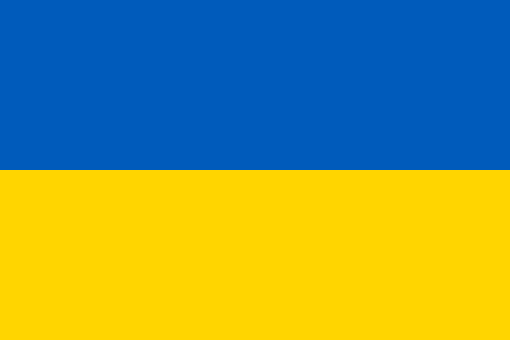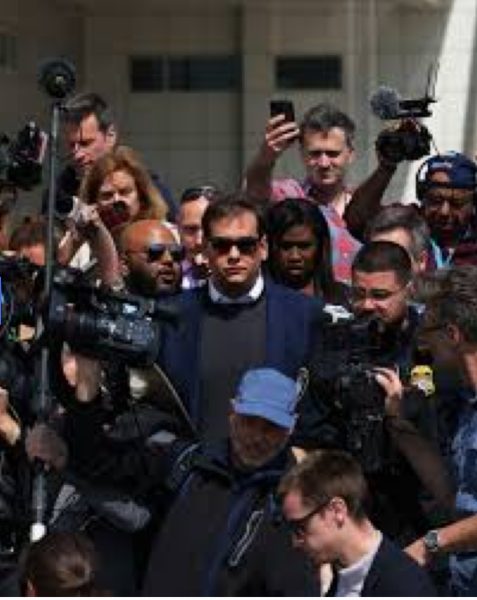Russia’s War Against Ukraine Continues

The war in Ukraine continues to take lives with every day that passes. The Russian army tried and failed to take the capital Kyiv, and has now moved to the east and west of the country to cut off Ukraine from the rest of the world.
President of Russia, Vladimir Putin, planned for a swift and devastating victory over Ukraine. The plan was to rip through Ukraine from the North and take the capital, Kyiv, crippling the nation thus ending the war quickly. This plan failed. What was seen as a vast mismatch soon revealed itself as a real challenge to Russia.
Home field advantage for Ukraine, and a superior fighting force both proved to be a huge hinderance in the invasion of Ukraine. Russia has resorted to shelling civilian targets such as hospitals and towns, this has led many in the international community to make calls of war crimes by Russian forces.
The war in Ukraine has also led to a humanitarian crisis. More than 5.7 million people have fled Ukraine as of May 4, according to the United Nations, a staggering number. Over three million refugees have fled into Poland.
The invasion into Ukraine has also caused another major crisis, the stoppage of food production in the country. Ukraine is responsible for 12% of the global wheat exports, 16% of the global corn exports and 46% of the global sunflower oil exports according to Time. With an already disrupted supply chain because of COVID-19, experts worry that this stoppage of food production in one of the worlds most important food baskets could drive prices even higher and lead to massive shortages of wheat and corn, especially for humanitarian aid.
Michael Fay, History teacher at Williston, was not surprised at all by the action of Russia against Ukraine.
“The invasion was a continuation of Putin’s efforts to undermine democracy in Ukraine and assert political or direct control over Ukraine to keep them from joining the European Union and, more importantly, the NATO alliance,” said Fay.
Fay explains that this war isn’t totally new.
“Putin fears that a successful and free Ukraine will undermine his position as the authoritarian dictator of Russia’s illiberal democracy. After the pro-Russian government was overthrown in Ukraine in 2014, Putin has shown his determination to extend Russian control over the Crimea and Eastern Ukraine,” he explained.
“The Ukrainian government and military have been fighting off Russia’s aggression in Eastern Ukraine for the last eight years and the West, including the U.S., have been providing financial and military aid to Ukraine,” he added.
Fay is unsure where the war will go.
“My hope is that Putin will face mounting criticism from Russians at home and realize that his survival as the leader requires a negotiated settlement, including a guarantee of Ukrainian sovereignty, and a withdrawal of Russian forces,” he said. “However, I am not overly optimistic that Putin will take this course.”
Putin shows no sign of retreating from Ukraine even as pressure mounts on him and all of Russia. The tragedy of war reveals itself with every passing day.












